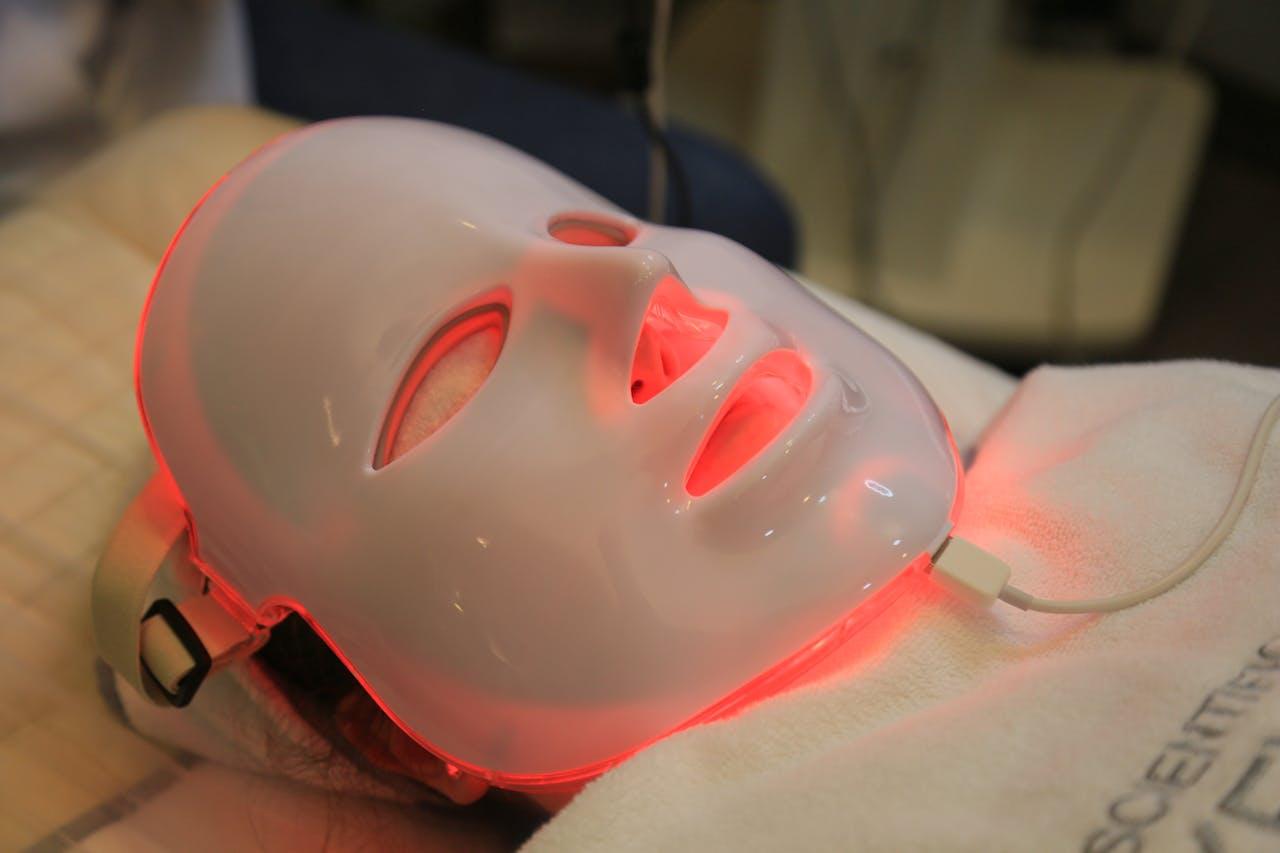How I Kept My Agenda Moving Even With An Injury

On a cold, February morning, I was making the usual drive to the train station, beating myself over the fact that I was running late for work.
Luckily, by the time I parked, the train still hadn’t arrived. As I got my bag out of the car, I heard the train loudly announce its arrival. Immediately, I rushed towards the platform, slipped on ice, fell, and somehow still made it on the train.
On the bright side, I made it to work on time. Unfortunately, my morning fall had a terrible consequence: I had a severe ankle sprain and wouldn’t be able to walk on my right ankle for 3-4 weeks. My injury meant that I couldn’t drive, commute to work, or even go through my daily routine without help.
So, how did I stay productive when I couldn’t do the simplest of tasks on my own? What can you do when you find yourself in a similar situation?
1. Understand that this is only a temporary setback.
When you have a temporary injury like a sprain or a fracture, the first thing you have to realize is that it’s only a temporary setback. It might take weeks for you to get better, but here’s the best part: you will get better! Before you know it, you’ll be back to your normal routine.
2. Keep your boss and coworkers in the loop.
Your boss and coworkers are your most important allies. Be sure to tell them about the situation, and be frank about the difficulties you’re facing. If you can’t go in to the office, see if you can work from home until you get better. Also, make sure to get a letter from your doctor describing your condition and distribute it to your supervisors as needed.
3. Don’t be afraid to ask for help.
The chances are that you’ll need help bathing, dressing, or getting around. If you’re living alone, see if you can ask a nearby relative or a close friend for assistance. If you’re living at home with your family, don’t be afraid to ask their help. You might get frustrated over being helpless, but remember—you will get better!
4. Focus on what you can do.
Most of the time, we tend to focus on what we don’t have instead of what we do have. For example, when I sprained my right thumb in college, I was always focused on how I couldn’t take notes in class. My brain then wasn’t wired to think, “So, I can’t take notes. At least I can still type, hold a cup with my left hand, walk, run, and carry a backpack.” Stay positive, and be grateful for the things you still can do.






